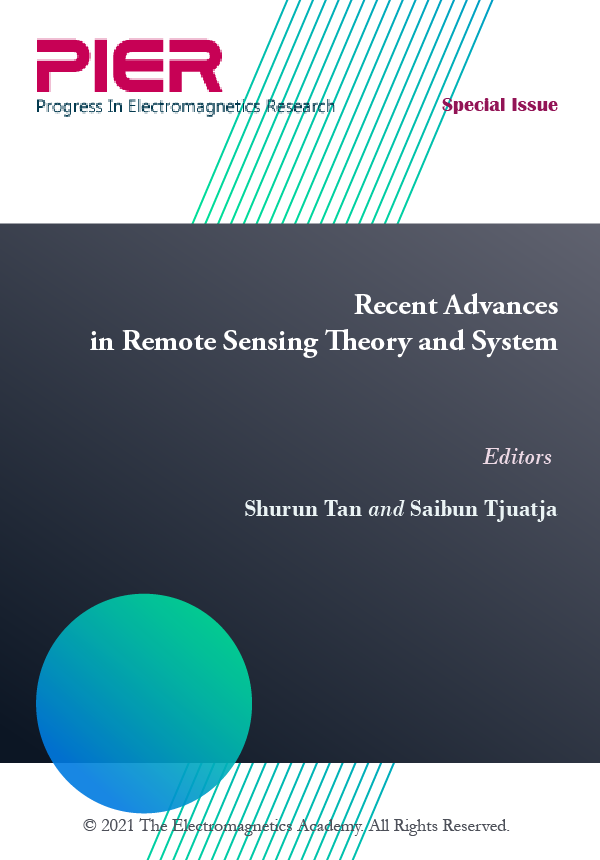Realization of All-Optical Digital Amplification in Coupled Nonlinear Photonic Crystal Waveguides
IF 9.3
1区 计算机科学
Q1 Physics and Astronomy
引用次数: 8
Abstract
In this conceptual study, all-optical amplification of the light pulses in two weakly coupled nonlinear photonic crystal waveguides (PCWs) is proposed. We consider two adjacent PCWs, which consist of line defects in a 2D square lattice of periodically distributed circular rods made from dielectric material with Kerr-type nonlinearity. Dispersion diagrams of the PCW’s symmetric and antisymmetric modes are analyzed using a recently developed analytical formulation. The operating frequency is properly chosen to be located at the edge of the PCW’s dispersion diagram (i.e., adjacent to the photonic crystals low-energy band edge), where in the linear case no propagation modes are excited. However, in case of a nonlinear medium when the amplitude of the injected signal is above some threshold value, solitons are formed propagating inside the coupled nonlinear PCWs. The near field distributions of the propagating light pulse inside the coupled nonlinear PCWs and the output power of the received signal are numerically studied in a detail. A very good agreement between the analytic soliton solution based on the nonlinear Schrödinger equation and numerical result is obtained. Amplification coefficients are calculated for the various amplitudes of the input signals. The results vividly demonstrate the effectiveness of the weakly coupled nonlinear PCWs as an all-optical digital amplifier.耦合非线性光子晶体波导中全光数字放大的实现
在这个概念研究中,提出了光脉冲在两个弱耦合非线性光子晶体波导(PCWs)中的全光放大。我们考虑了两个相邻的pcw,它们是由具有kerr型非线性的介电材料周期性分布的圆棒组成的二维方形晶格中的线缺陷。用最近发展的解析公式分析了PCW对称和反对称模的色散图。适当地选择工作频率位于PCW色散图的边缘(即靠近光子晶体的低能带边缘),在线性情况下,没有传播模式被激发。然而,在非线性介质中,当注入信号的幅值超过某个阈值时,在耦合的非线性pcw内形成孤子传播。对耦合非线性光子晶体波导内传播光脉冲的近场分布和接收信号的输出功率进行了详细的数值研究。得到了基于非线性Schrödinger方程的解析孤子解与数值结果非常吻合的结果。对输入信号的不同幅度计算放大系数。结果生动地证明了弱耦合非线性pcw作为全光数字放大器的有效性。
本文章由计算机程序翻译,如有差异,请以英文原文为准。
求助全文
约1分钟内获得全文
求助全文
来源期刊
CiteScore
7.20
自引率
3.00%
发文量
0
审稿时长
1.3 months
期刊介绍:
Progress In Electromagnetics Research (PIER) publishes peer-reviewed original and comprehensive articles on all aspects of electromagnetic theory and applications. This is an open access, on-line journal PIER (E-ISSN 1559-8985). It has been first published as a monograph series on Electromagnetic Waves (ISSN 1070-4698) in 1989. It is freely available to all readers via the Internet.

 求助内容:
求助内容: 应助结果提醒方式:
应助结果提醒方式:


